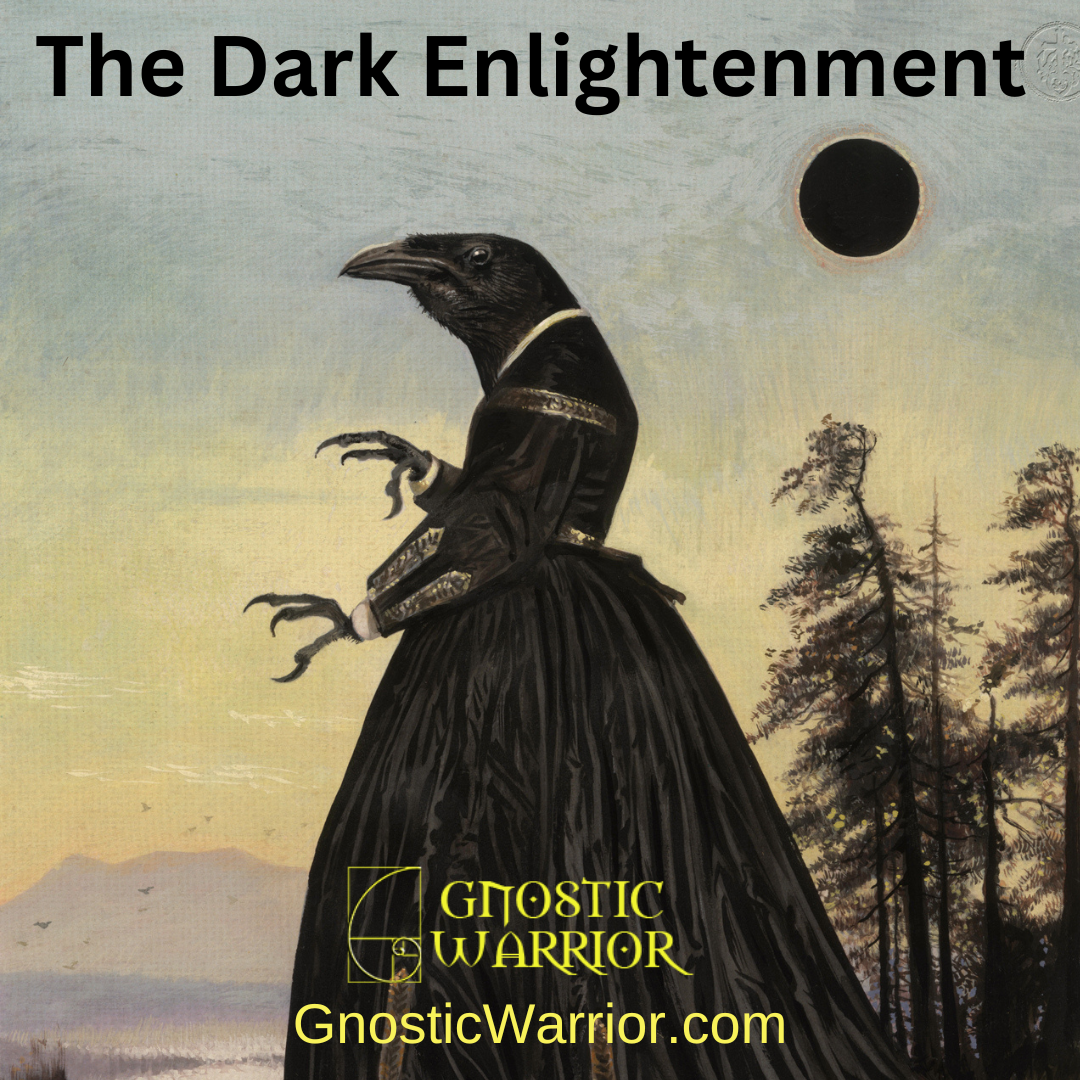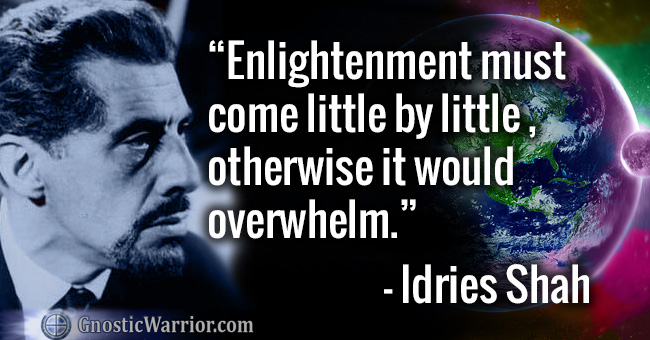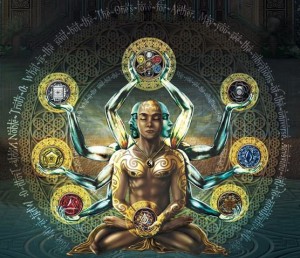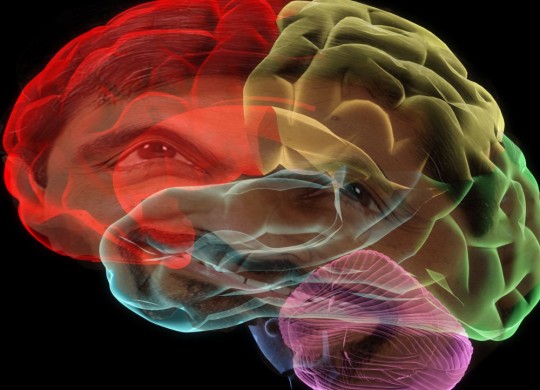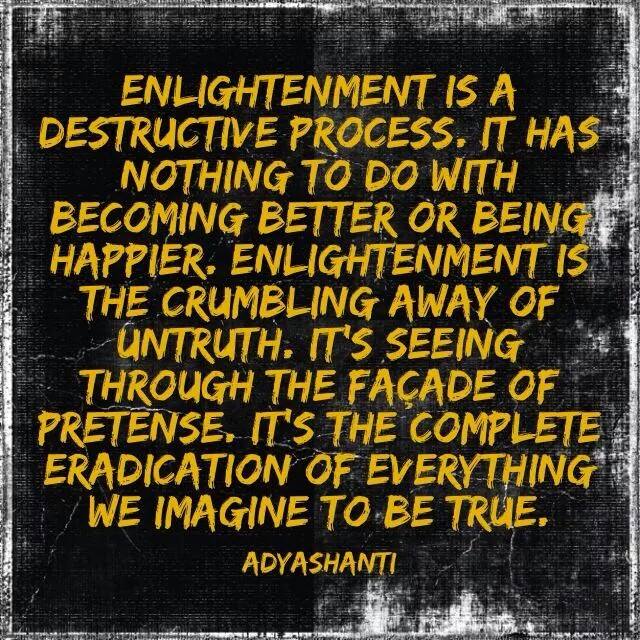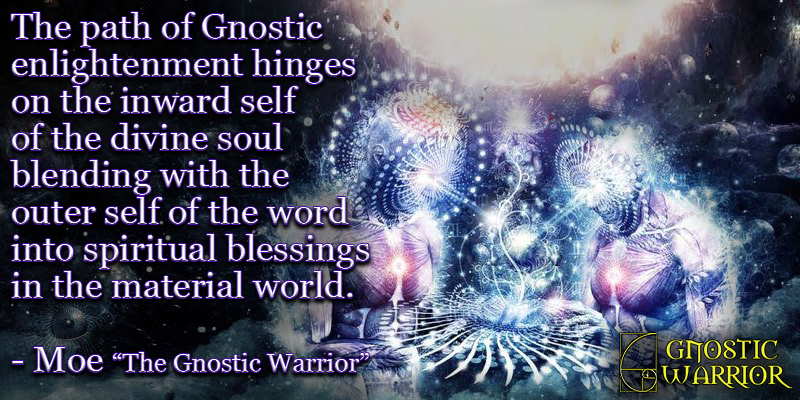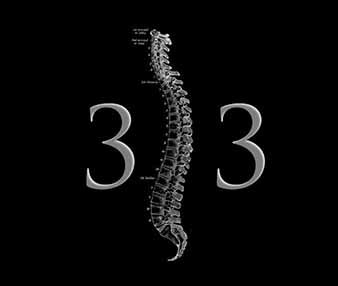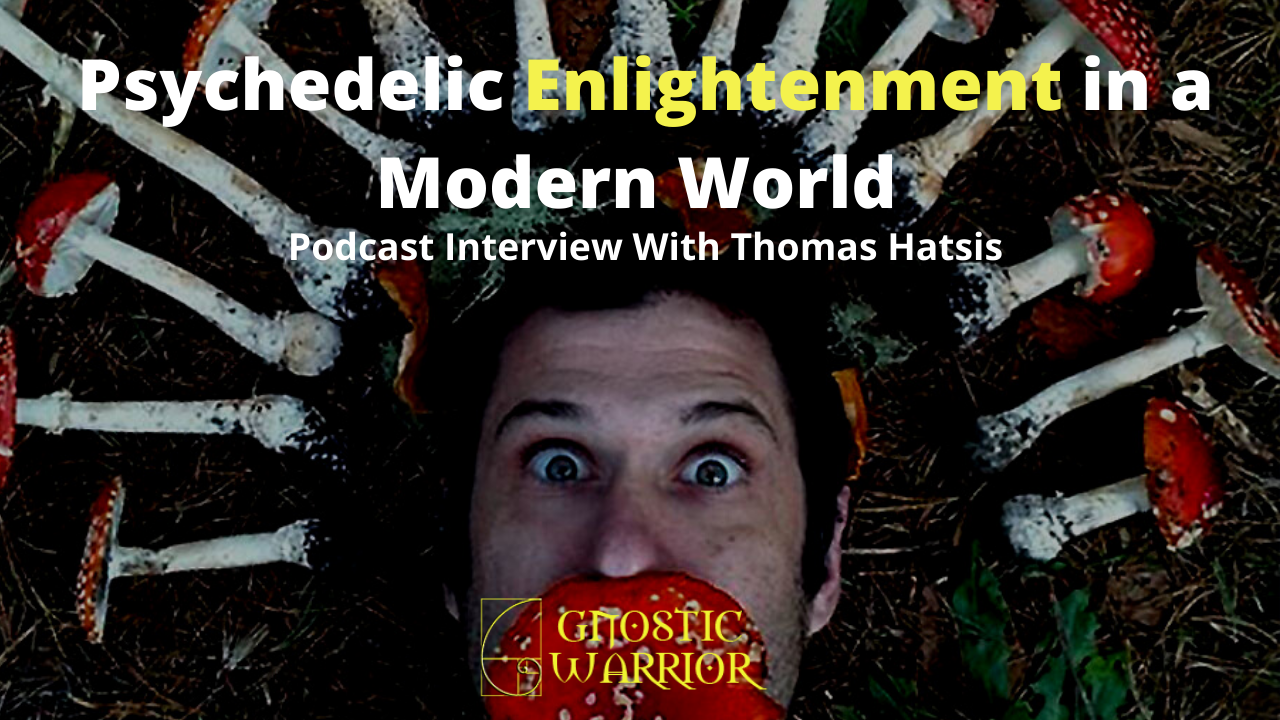The Dark Enlightenment is a loosely defined intellectual movement that emerged in the early 21st century. It seeks to challenge the assumptions of the liberal democratic tradition that emerged after the Enlightenment period.
While there is no single, unified Dark Enlightenment theory, its adherents share a broad set of concerns about the current state of society.
They seek to develop alternative models for governance, culture, and social organization.
Its core philosophy can be traced back to two prominent philosophers of the 19th and 20th centuries, Friedrich Nietzsche and Martin Heidegger. Both Nietzsche and Heidegger had critiqued the Enlightenment’s emphasis on rationality and the individual, but their philosophies were from different ideological perspectives.
Nietzsche was more of a liberal, individualist, progressive, and anti-traditionalist, while Heidegger advocated for Traditionalism but with more of a modernist approach.
Nietzsche argued that traditional values, particularly those propagated by organized religion and societal norms, hindered the individual’s development of their own unique potential, leading to conformity and suppression of individuality.
He saw traditionalism as a form of herd mentality that stifled creativity, vitality, and self-realization.
Nietzsche famously declared that “God is dead” and criticized traditional religious beliefs as outdated and detrimental to human flourishing.
On the other hand, Martin Heidegger, a prominent figure in existentialist and phenomenological philosophy, had emphasized the importance of tradition in shaping human existence and thought.
He saw tradition as an essential aspect of human existence, as it provided a sense of belonging, continuity, and rootedness.
He argued that tradition is understood as the shared history, language, and culture of a community, providing the framework for human existence and giving meaning to human life.
However, Heidegger also warned against the dangers of blindly adhering to tradition without critical reflection, as he believed that tradition could also become stagnant and prevent individuals from engaging authentically with their own existence.
He can be called a Progressive Traditionist who believed that respecting the autonomy of the individual to learn, grow and live in the modern world, rather than blindly following old traditions.
While both Nietzsche nor Heidegger never coined the term, the Dark Enlightenment, their ideas gained momentum in the 21st century as its core philosophers, with the rise of the internet and the proliferation of online communities.
One of the key figures in the modern development of the Dark Enlightenment in our day is Curtis Yarvin, who wrote under the pseudonym Mencius Moldbug.
Yarvin’s blog, “Unqualified Reservations,” became a hub for the movement, and he developed a following among tech elites in Silicon Valley.
His writings rejected democracy and called for a return to monarchy and aristocracy. He argued that democracy was inherently flawed because it placed power in the hands of the ignorant masses, who were susceptible to demagogues and populists.
Instead, he advocated for a system in which power was concentrated in the hands of a small elite, who were best equipped to make decisions for the good of society as a whole.
The movement is often associated with the alt-right, a far-right movement that emerged in the United States in the 2010s.
However, not all members consider themselves part of the alt-right, and the two movements have some differences in their ideologies.
At the heart of the Dark Enlightenment is a rejection of the liberal democratic tradition.
This is seen as having failed to provide a stable and sustainable governance model.
Adherents of the movement argue that democracy is inherently flawed because it places power in the hands of the ignorant masses, who are easily swayed by populist demagogues.
They argue that democracy leads to a “tyranny of the majority,” in which the interests of the minority are ignored in favor of the majority.
According to its core ethos, the liberal democratic tradition is characterized by a naive faith in progress, individualism, and equality.
These beliefs have resulted in social decay, cultural decline, and the erosion of Western civilization.
Instead, adherents of the Dark Enlightenment advocate for a system in which power is concentrated in the hands of a small elite, who are best equipped to make decisions for the good of society as a whole.
They also believe that this decay is the result of a number of factors. These factors include the breakdown of traditional values, the rise of secularism, the decline of religion, and the corruption of the political system.
They argue that this system would be more efficient and effective than democracy, as decisions would be made by those with the most knowledge and expertise.
To counteract these trends, Dark Enlightenment adherents advocate for a return to traditional forms of governance, cultural values, and social organization.
This includes a rejection of modern liberal democracy’s egalitarianism, which is considered unrealistic and undesirable.
Instead, the Dark Enlightenment promotes a hierarchy based on natural differences in ability and intelligence.
This hierarchy should guide decision-making in all areas of life, from politics to culture to personal relationships.
They argue that society is naturally hierarchical and that attempts to create a society based on equality are doomed to fail.
They believe that hierarchy is necessary for social order and stability, and that attempts to eliminate it will only lead to chaos and disorder.
It also emphasizes the importance of cultural and ethnic identities, which are seen as essential for maintaining social cohesion and a sense of purpose. This means that the movement is often associated with nationalism and ethnic chauvinism.
Some of its adherents have been accused of racism and xenophobia. However, many Dark Enlightenment thinkers reject these labels.
They argue that their ideas are based on a realistic assessment of the importance of cultural and ethnic identity in maintaining social order and stability.
Another key figure in the Dark Enlightenment is Nick Land, a former philosophy professor at the University of Warwick.
He began his career as a left-wing thinker and was associated with the “cybernetic culture research unit” at the University of Warwick, which explored the intersection of technology and culture.
Land has argued that democracy is a failed experiment that has led to the decay of Western civilization. It has also led to the rise of a parasitic class of elites who manipulate the masses for their own benefit.
He has said;
“The basic theme has been mind control, or thought-suppression, as demonstrated by the Media-Academic complex that dominates contemporary Western societies, and which Mencius Moldbug names the Cathedral.
When things are squashed they rarely disappear. Instead, they are displaced, fleeing into sheltering shadows, and sometimes turning into monsters.
Today, as the suppressive orthodoxy of the Cathedral comes unstrung, in various ways, and numerous senses, a time of monsters is approaching.”
Democracy is what prevents the realization of freedom, writes Land, suggesting that democracy is merely an Enlightenment myth:
“In European classical antiquity, democracy was recognized as a familiar phase of cyclical political development, fundamentally decadent in nature, and preliminary to a slide into tyranny,” Land says.
“Today this classical understanding is thoroughly lost, and replaced by a global democratic ideology, entirely lacking in critical self-reflection.
This ideology is asserted not as a credible social-scientific thesis, or even as a spontaneous popular aspiration, but rather as a religious creed, of a specific, historically identifiable kind,” Land had written.
His work is characterized by a rejection of traditional morality and a fascination with technology and artificial intelligence. Land believes that technological progress and social change should be accelerated rather than slowed down.
He argues that the only way to escape modern society’s constraints is to embrace the chaos of technological innovation and abandon the traditional values of liberalism and democracy.
Land says that humanity is rapidly approaching a point of technological singularity, at which point the distinction between humans and machines will become blurred.
In this new world, traditional morality will be replaced by a new form of ethics, based on the optimization of intelligence and the pursuit of power.
In addition to Moldbug and Land, there are a number of other thinkers associated with the Dark Enlightenment.
These include the man dubbed the world’s most dangerous philosopher, Alexandr Dugin, economist Tyler Cowen, the philosopher Peter Thiel, and the journalist John Derbyshire.
Dugin’s version of the Dark Enlightenment is heavily influenced by the ideas of Heidegger and the French thinker Julius Evola. He sees modernity as a crisis of meaning and identity, and argues that the only way to overcome this crisis is to return to Traditionalism.
He has argued that the Enlightenment project has been a failure. We need a new paradigm that is based on a rejection of individualism and an embrace of collective identity.
Despite the controversy surrounding his ideas, Dugin has become a prominent figure in Russian intellectual circles and has been influential in shaping political discourse in not only Russia, but also in the U.S. and around the globe. His philosophies have also gained traction among far-right and alt-right groups who see him as a kindred spirit in their quest to upend the liberal democratic order.
Peter Thiel, founder of PayPal and Palantir, and the first outside investor in Facebook, has been speaking about the Dark Enlightenment for years and on recent college tours discussing apocalyptic themes such as the Antichrist and the Apocalypse
Thiel’s views on the Dark Enlightenment and his association with its proponents have sparked controversy and criticism.
Some have accused him of promoting authoritarianism and fascism, while others have praised him for his willingness to challenge mainstream political and social norms.
In a 2009 essay for the Cato Institute, Thiel criticized democracy and argued that it had failed to deliver meaningful progress. He also expressed skepticism about the ability of individuals to make rational decisions and suggested that authoritarianism might be a better alternative.
In a 2013 interview with the National Review, Thiel expressed his admiration for Moldbug’s ideas and described him as “the most interesting thinker” in the tech industry. He has also been critical of Silicon Valley culture and has argued that it is too focused on individualism and not enough on the common good.
He suggested that the tech industry needs to be more willing to work with the government and embrace a more collaborative approach to solving problems.
However, the movement is characterized more by a shared set of concerns than by a unified intellectual program, and there is a great deal of debate and disagreement among its adherents.
Critics of the Dark Enlightenment argue that its ideas are fundamentally reactionary and represent a retreat from the advances of modernity.
They point out that the movement’s emphasis on hierarchy, tradition, and ethnic identity is reminiscent of the ideologies that gave rise to the most brutal atrocities in the past.

Moe is the founder of GnosticWarrior.com. He is a father, husband, author, martial arts black belt, and an expert in Gnosticism, the occult, and esotericism.

